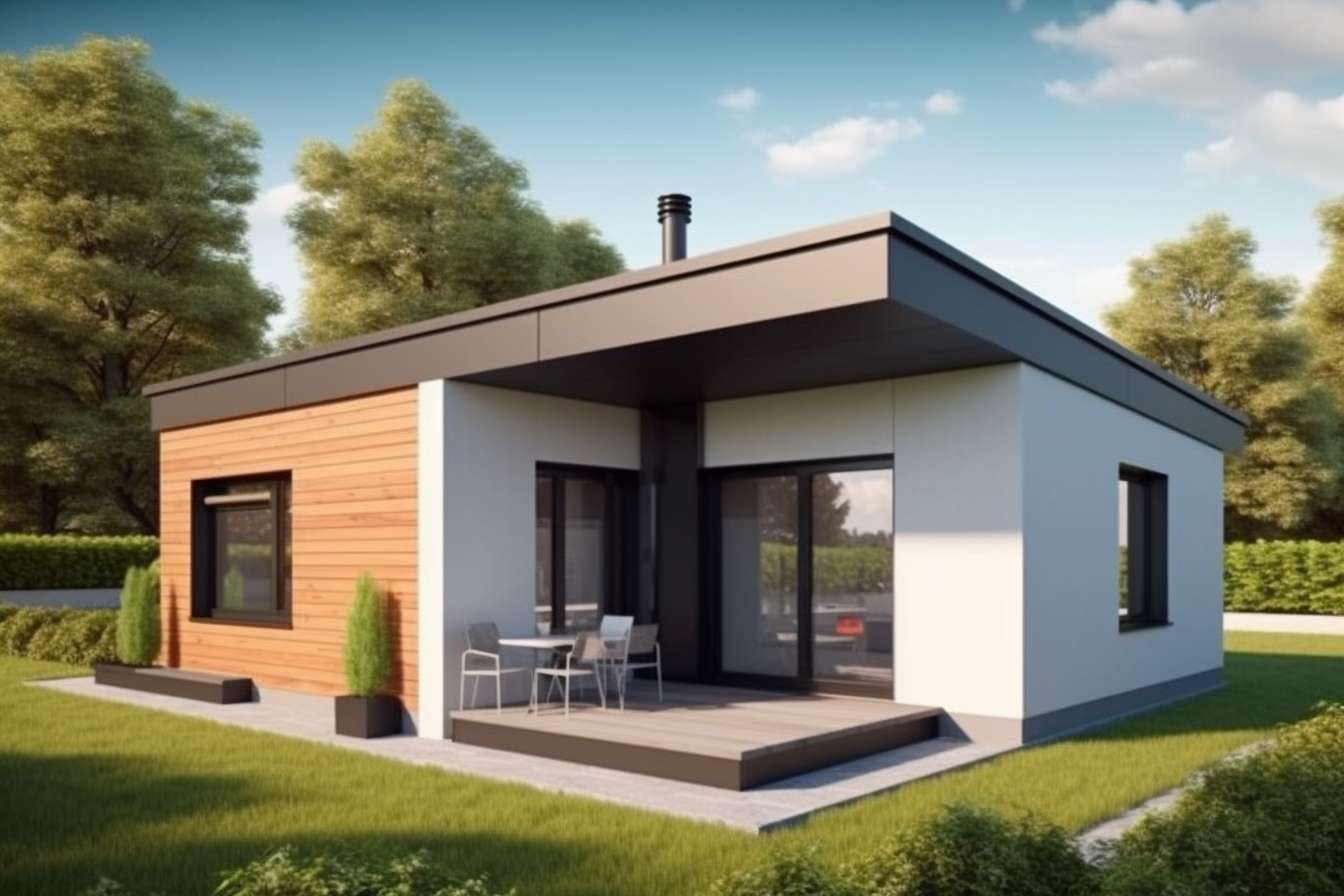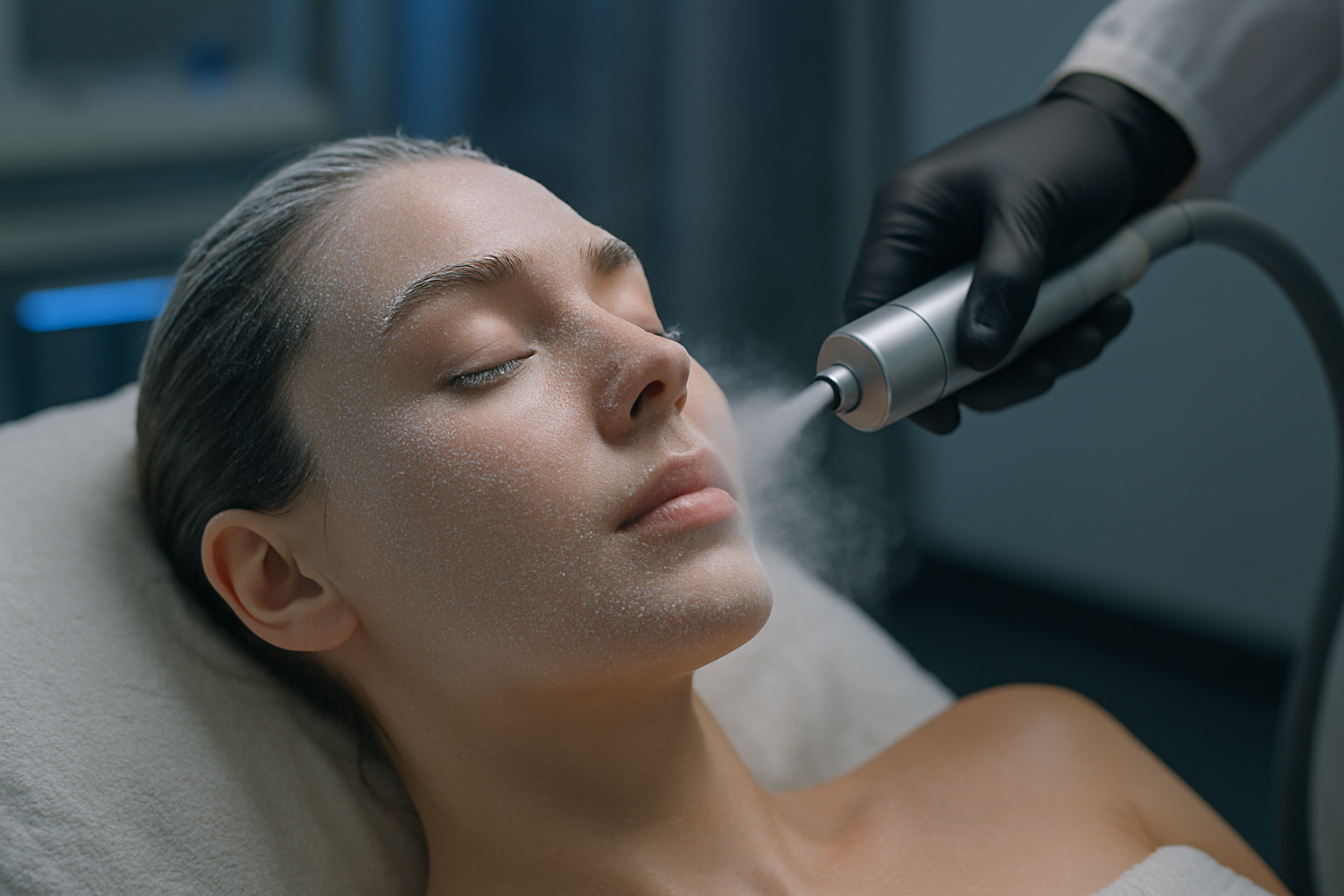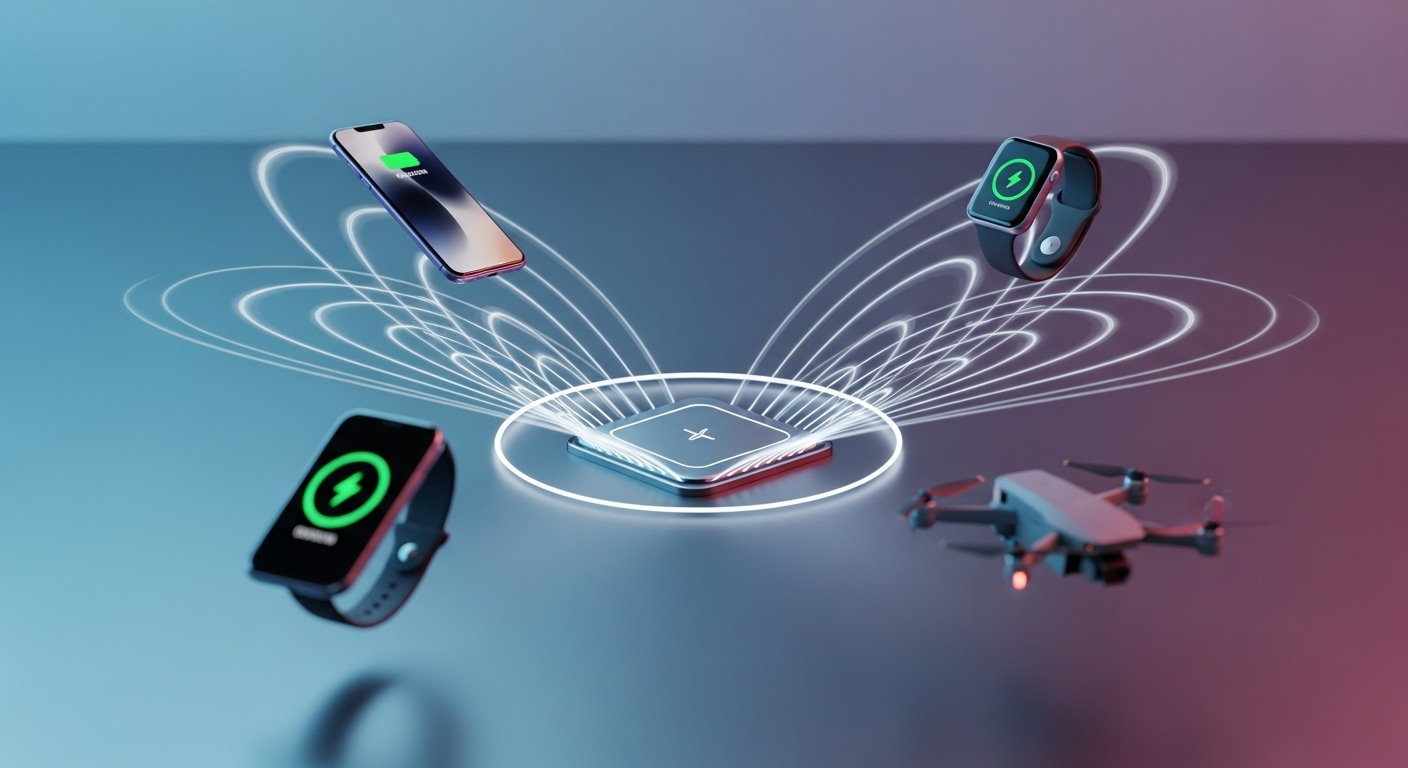Water Purifier Systems: Complete Guide to Clean Water Solutions
Clean water plays a key role in everyday living, and water purifier systems help maintain a reliable source. From basic filtration to more advanced setups, these systems offer practical ways to improve water quality at home, supporting healthier routines and everyday hydration needs.

Clean water is fundamental to health and well-being, yet many households face challenges with water quality due to aging infrastructure, environmental factors, and regional contamination issues. Water purifiers serve as the first line of defense against these concerns, utilizing various technologies to remove harmful substances while preserving beneficial minerals.
Modern water purification systems employ multiple filtration methods including activated carbon, reverse osmosis, ultraviolet sterilization, and ion exchange. Each technology targets specific contaminants, from chlorine and sediment to bacteria, viruses, and heavy metals. Understanding these different approaches helps homeowners select the most appropriate system for their specific water quality challenges.
How Do Whole House Water Purification Systems Work?
Whole house water purification systems treat water at the point of entry, ensuring every faucet, shower, and appliance receives filtered water. These comprehensive systems typically combine multiple filtration stages, starting with sediment pre-filters to remove larger particles, followed by carbon filters for chlorine and chemical reduction, and specialized media for specific contaminants like iron or sulfur.
Installation requires professional expertise as these systems integrate directly into the main water line. The multi-stage approach ensures thorough treatment while maintaining adequate water pressure throughout the home. Regular monitoring and filter replacement schedules keep these systems operating effectively, typically requiring service every 6-12 months depending on water usage and quality.
What Makes Energy-Efficient Water Purification Systems Effective?
Energy-efficient water purification systems minimize electricity consumption while maintaining high performance standards. These systems often utilize gravity-fed designs, low-energy UV lamps, and optimized pump systems that reduce operational costs. Advanced models incorporate smart sensors that activate purification processes only when needed, significantly reducing energy waste.
Gravity-based systems eliminate the need for electricity entirely, making them ideal for areas with unreliable power or environmentally conscious households. UV purification systems have evolved to use LED technology, consuming up to 50% less energy than traditional UV lamps while providing superior disinfection capabilities. These innovations make water purification more accessible and sustainable for long-term use.
Why Is Water Purifier Maintenance Services Important?
Regular maintenance ensures water purifiers operate at peak efficiency and continue providing safe, clean water. Professional maintenance services include filter replacement, system sanitization, performance testing, and component inspection. Neglecting maintenance can lead to reduced effectiveness, bacterial growth, and potential system failure.
Maintenance schedules vary by system type and usage patterns. Carbon filters typically require replacement every 3-6 months, while reverse osmosis membranes may last 2-3 years with proper care. Professional technicians can identify potential issues before they become costly problems, extending system lifespan and maintaining water quality standards. Many service providers offer annual contracts that include scheduled maintenance, emergency repairs, and filter replacements.
| System Type | Provider | Cost Estimation |
|---|---|---|
| Countertop Filter | Brita, PUR | $25-$150 |
| Under-Sink System | Aquasana, Culligan | $200-$800 |
| Whole House System | Pelican, SpringWell | $1,500-$5,000 |
| Reverse Osmosis | APEC, iSpring | $300-$1,200 |
| UV Sterilization | Viqua, Trojan | $400-$1,500 |
Prices, rates, or cost estimates mentioned in this article are based on the latest available information but may change over time. Independent research is advised before making financial decisions.
Choosing the right water purification system depends on specific water quality issues, household size, budget considerations, and maintenance preferences. Professional water testing can identify contaminants present in your water supply, helping determine the most effective treatment approach. Many local water treatment companies offer free testing services and can recommend appropriate systems based on results.
Installation complexity varies significantly between system types. Simple countertop and pitcher filters require no installation, while whole-house systems need professional installation and potential plumbing modifications. Consider ongoing costs including filter replacements, electricity usage, and maintenance services when evaluating different options.
Water purification technology continues advancing with smart monitoring capabilities, improved filter materials, and more efficient designs. These innovations make clean water more accessible while reducing environmental impact through longer-lasting components and reduced waste. Investing in a quality water purification system provides long-term benefits for health, convenience, and peace of mind, ensuring your family has access to clean, safe drinking water regardless of external water quality challenges.




